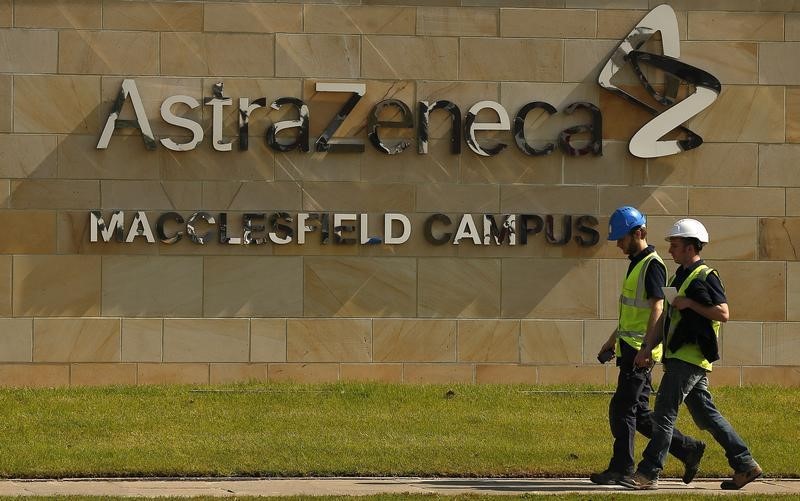TOKYO - AstraZeneca (NASDAQ:AZN)'s Truqap, in combination with Faslodex, has received approval in Japan for the treatment of certain advanced breast cancers, marking a significant advancement in the therapeutic options available to patients. The Japanese Ministry of Health, Labour, and Welfare (MHLW) granted the approval for adult patients with unresectable or recurrent hormone receptor (HR)-positive, HER2-negative breast cancer that has PIK3CA, AKT1, or PTEN alterations and has progressed after endocrine therapy.
This decision comes in the wake of the CAPItello-291 Phase III trial results, which demonstrated that Truqap plus Faslodex reduced the risk of disease progression or death by 50% compared to Faslodex alone for patients with tumors demonstrating these specific biomarker alterations.
Breast cancer remains the most prevalent cancer among Japanese women, with over 90,000 new cases diagnosed in 2022. The HR-positive, HER2-negative subtype is particularly common, accounting for more than 65% of breast cancer cases. Approximately half of the advanced HR-positive breast cancer patients have tumors with PIK3CA, AKT1, or PTEN alterations, which has underscored the necessity for new treatments that can overcome resistance to current endocrine therapies.
Masakazu Toi, MD, Ph.D., from Tokyo Metropolitan Cancer and Infectious Diseases Center Komagome Hospital, emphasized the importance of this approval, noting the potential of the Truqap and Faslodex combination to extend the effectiveness of endocrine-based treatments and delay disease progression.
The approval in Japan also includes a companion diagnostic test to identify patients with the relevant biomarker alterations. AstraZeneca is anticipating a milestone payment from Astex Therapeutics upon the first commercial sale in Japan, with additional royalties to follow based on future sales.
Global regulatory applications are in process, with Truqap already approved in the US and other countries. The safety profile of the drug in combination with Faslodex aligns with previous trials, ensuring a reliable treatment option for patients.
This development represents a significant step in the ongoing battle against breast cancer, providing new hope for patients with limited treatment options after resistance to other therapies. The information for this article is based on a press release statement.
This article was generated with the support of AI and reviewed by an editor. For more information see our T&C.
